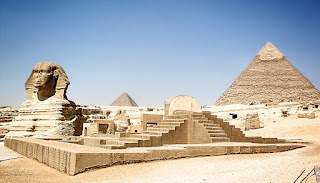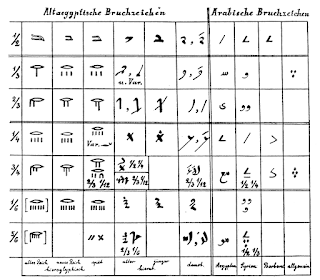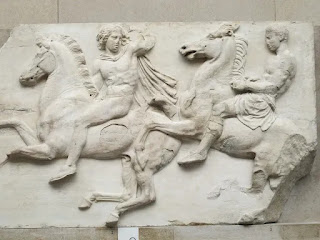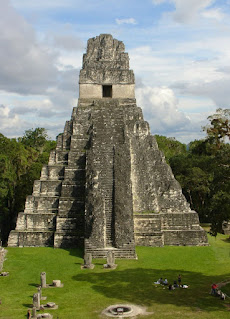What are the accomplishments of ancient civilizations like the Egyptians, Greeks, Romans, and Mayans
What are the accomplishments of ancient civilizations like the Egyptians, Greeks, Romans, and Mayans

Q :- What are the accomplishments of ancient civilizations like the Egyptians, Greeks, Romans, and Mayans?
Answer :- Certainly each of these ancient civilizations made significant accomplishments in various fields.
Egyptians :-
1. Pyramids and Architecture :-
The ancient Egyptians are renowned for their monumental architecture, including the construction of impressive pyramids like the Great Pyramid of Giza.
2. Hieroglyphics :-
They developed a complex writing system called hieroglyphics, which allowed them to record information on papyrus and stone.
3. Mathematics and Engineering :-
Egyptians made advancements in mathematics and engineering, evident in their precise construction techniques and use of geometry.
Greeks :-
1. Philosophy :-
Ancient Greek philosophers, such as Socrates, Plato, and Aristotle, laid the foundation for Western philosophy, ethics, and political thought.
2. Democracy :-
The city-state of Athens introduced the concept of direct democracy, where citizens had a voice in decision-making.
3. Mathematics :-
Greeks made significant contributions to mathematics, with Euclid's work "Elements" being a fundamental text in geometry.
4. The Arts :-
Greek art, drama, and architecture, including the Parthenon, are considered iconic and have had a lasting influence.
Romans :-
1. Engineering and Architecture :-
Romans excelled in engineering, constructing elaborate roads, aqueducts, and impressive structures like the Colosseum and Roman Forum.
2. Law and Governance :-
The Roman legal system and the concept of "Rule of Law" had a profound impact on modern legal systems.
3. Language and Literature :-
Latin, the language of the Romans, became the basis for many modern languages. Roman literature, including works by Virgil and Cicero, remains influential.
Mayans :-
1. Calendar System :-
The Mayans developed an intricate calendar system that was highly accurate and reflected their understanding of astronomy.
2. Mathematics :-
Mayans made significant strides in mathematics, using a base-20 numbering system and developing concepts like zero independently.
3. Architecture and Cities:-
They built elaborate cities with ceremonial centers, temples, and palaces, showcasing advanced architectural techniques.
4. Art and Glyphs :-
Mayan art featured intricate carvings and sculptures, and their hieroglyphic writing system remains partially deciphered.
These accomplishments have left a lasting impact on various aspects of human knowledge, culture, and society.























